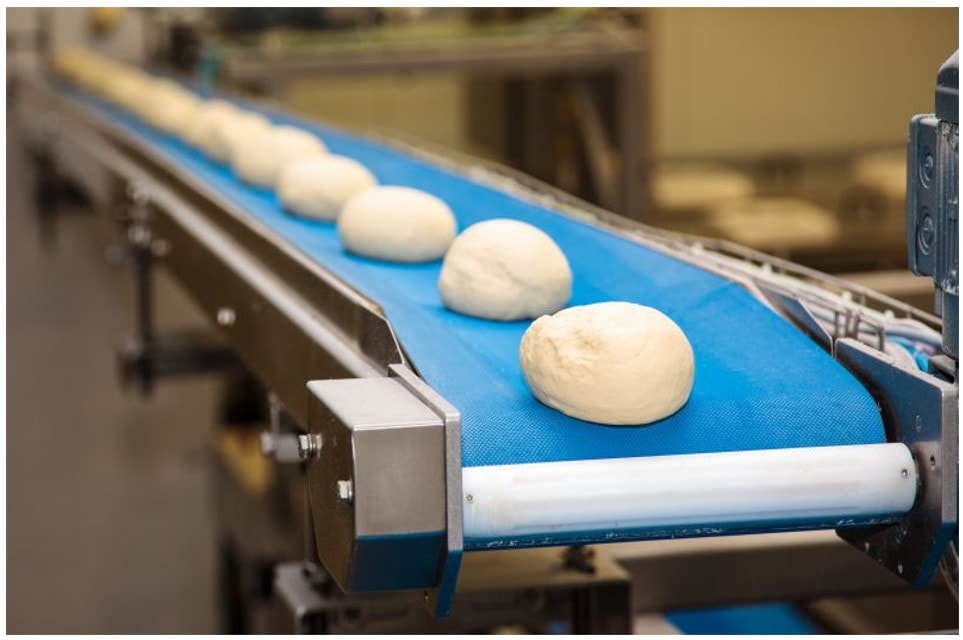Introduction
In today's quickly developing food sector, companies are seeking sustainable options to satisfy the growing need for high quality food while reducing their ecological impact. Contract food manufacturing has actually emerged as a feasible option for firms looking to outsource their manufacturing needs while preserving control over product development as well as quality assurance. This post explores the idea of contract food manufacturing in Australia and its role in promoting sustainability within the food industry.
The Rise of Contract Food Manufacturing in Australia
Understanding Agreement Food Manufacturing
Contract food manufacturing is a critical collaboration in between a brand owner and also a contract maker, where the latter creates items in behalf of the former. This plan allows brand name proprietors to focus on marketing, product growth, and also distribution while leveraging the experience and also resources of specialized agreement manufacturers.
Benefits of Contract Food Manufacturing
Cost Performance: Contract food manufacturing removes the requirement for significant capital investments in facilities, tools, and workforce. This cost-saving procedure permits brands to designate their resources towards various other vital locations of company growth. Scalability: As need for a certain product fluctuates, contract manufacturers can swiftly readjust production degrees to accommodate market requirements. This adaptability makes sure that brand names can fulfill consumer need without excess inventory or wastage. Expertise and also Innovation: Agreement producers often possess substantial expertise as well as experience in specific food groups or procedures. By collaborating with these experts, brand names can use their creativity and also harness ingenious options for product growth and improvement. Quality Guarantee: With strict quality assurance actions in place, agreement manufacturers stick to market requirements as well as regulative requirements. This dedication to quality makes certain that brand names provide risk-free and top quality items to customers consistently. Supply Chain Monitoring: Contract food manufacturing improves the supply chain by settling manufacturing, packaging, labeling, and also circulation under one roofing system. This incorporated technique minimizes logistical intricacies and improves overall functional efficiency.The Ecological Impact of Agreement Food Manufacturing
Reducing Carbon Footprint
Contract food production provides opportunities to decrease the environmental effect of food manufacturing via different ways:
Efficient Source Usage: Contract producers enhance source consumption by executing energy-saving practices, minimizing water usage, and also minimizing waste generation. These lasting procedures add to a reduced carbon impact throughout the whole manufacturing process. Locally Sourced Components: By sourcing components from local distributors, agreement suppliers lower transport distances and linked discharges. This technique supports regional economic situations while advertising sustainability within the supply chain. Eco-Friendly Product packaging: Contract food suppliers highlight using environmentally friendly packaging materials, such as naturally degradable or recyclable options. This commitment to lasting product packaging decreases waste and promotes accountable consumption.Embracing Sustainable Energy
Contract food producing centers in Australia are progressively adopting renewable energy resources to power their operations. Photovoltaic panel, wind turbines, and also other clean energy options help reduce dependence on nonrenewable fuel sources and also contribute to a greener future for the industry.
Addressing Sustainability Obstacles in Agreement Food Manufacturing
Waste Management and also Recycling Initiatives
Contract food producers prioritize waste monitoring via comprehensive recycling programs and waste decrease strategies. By executing effective waste segregation systems, firms can draw away substantial quantities of waste from landfills and promote a circular economy.

Water Conservation Measures
Water shortage is an international issue, as well as contract food makers play their component in addressing this challenge. Firms purchase water-saving modern technologies, such as advanced purification systems as well as water reuse initiatives, to lessen their freshwater consumption.
Collaboration with Lasting Suppliers
Contract food manufacturers proactively seek collaborations with providers dedicated to lasting methods. By prioritizing ecologically conscious suppliers, these firms make sure that their whole supply chain straightens with sustainability goals.
FAQs
What is contract food manufacturing? Contract food manufacturing refers to the outsourcing of food production to specialized suppliers who generate products on behalf of brand owners.
How can contract food manufacturing advantage services? Contract food manufacturing offers cost effectiveness, scalability, know-how, and quality assurance to brands aiming to concentrate on marketing as well as distribution.
How does contract food manufacturing promote sustainability? By enhancing resource usage, accepting renewable resource, and also applying waste administration and also reusing campaigns, contract food manufacturing decreases its ecological impact.
What are some sustainable packaging alternatives in contract food manufacturing? Environmentally friendly packaging products such as biodegradable or recyclable alternatives are frequently utilized in contract food manufacturing to lower waste.
How do contract food producers conserve water? Contract food makers invest in water-saving innovations and also carry out water reuse initiatives to decrease their freshwater consumption.


What function does cooperation with sustainable suppliers play in contract food manufacturing? By partnering with eco conscious providers, contract food producers guarantee that their entire supply chain aligns with sustainability goals.
Conclusion
Contract food production provides a sustainable service for services seeking to fulfill the growing demand for quality food while decreasing their ecological influence. By leveraging the knowledge of specific makers and also adopting green practices, brand names can contribute to food product contract manufacturer a greener future for the Australian food industry. Accepting sustainability not only profits the environment however additionally enhances brand online reputation and also consumer count on a significantly aware market.